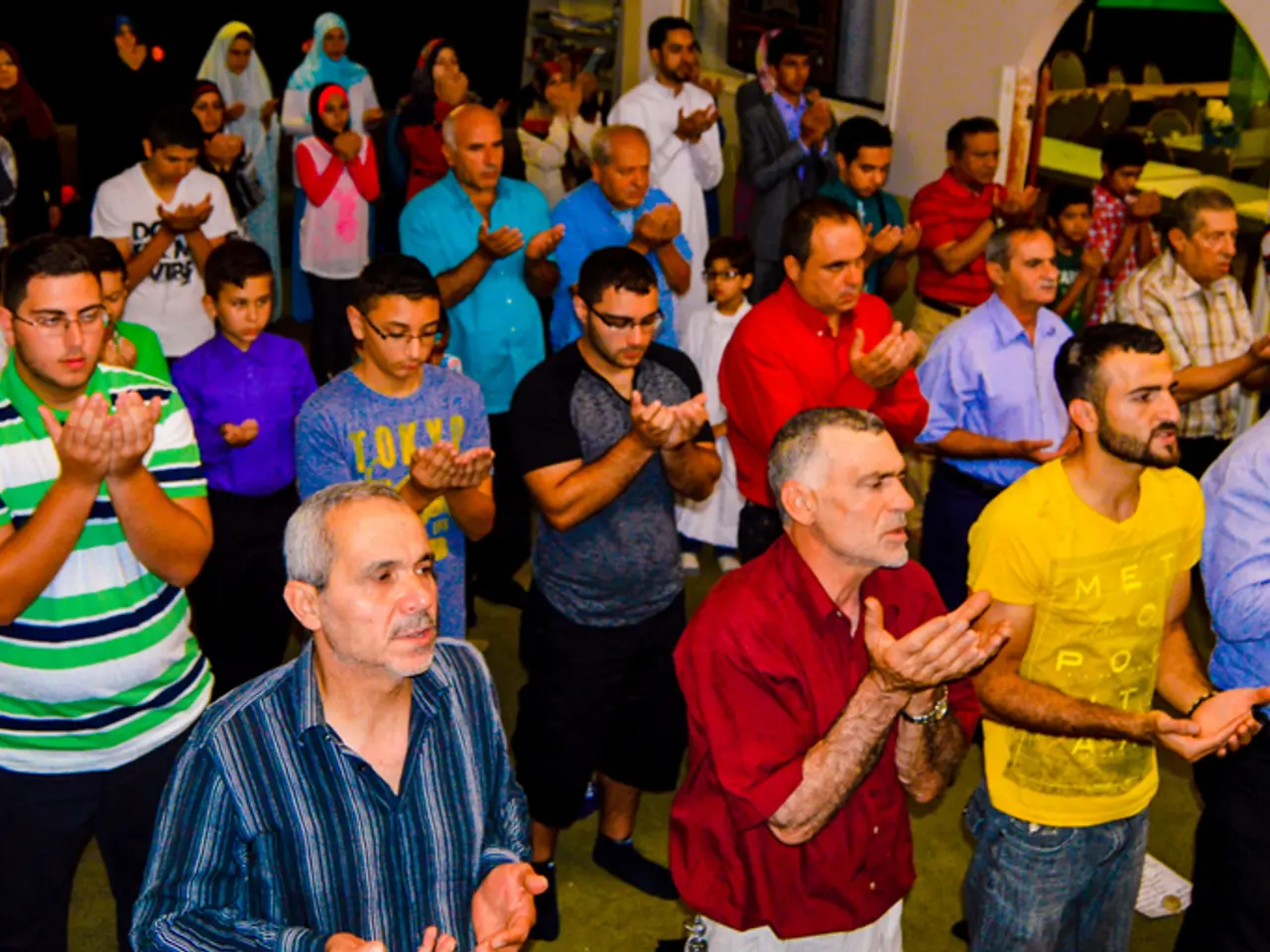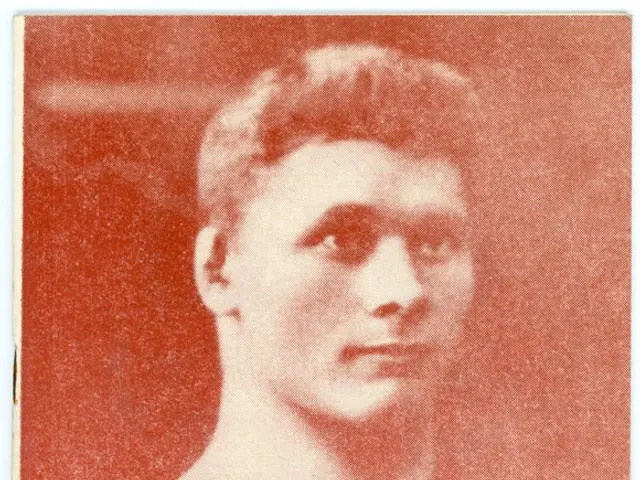Muslims in UK Face Unique OCD Challenges, Barriers to Care
Muslims in the UK face unique challenges when it comes to mental health, particularly in accessing help for conditions like obsessive-compulsive disorder (OCD). A recent study found that Muslims are more likely to experience religious compulsions, yet barriers such as fear of judgment and misunderstanding persist.
Omar, a 25-year-old Muslim, was diagnosed with OCD at 21, affecting his religious practice. His compulsions, known as scrupulosity, centred around prayer and checking. Zarish, 20, has been dealing with OCD symptoms related to hygiene but has never sought professional help due to fear of judgment.
Tahirah Yasin, a psychotherapist, notes that OCD is often misunderstood and misdiagnosed within the Muslim community. A study published in the Journal of the British Islamic Medical Association supports this, with participants expressing fears of judgment and misunderstanding when discussing symptoms. Abu Zayd al-Balkhī, a Persian polymath, described obsessional thoughts and recommended treatments anticipating cognitive behavioural methods centuries ago.
Negeen, from London, has experienced OCD since her early childhood, affecting her religious life, particularly ablution before prayer. Religious OCD can affect people of all faiths, turning acts of devotion into obsessive doubt and compulsive responses. While there may not be specific professionals specializing in religious OCD, organizations like the British Association for Behavioural and Cognitive Psychotherapies (BABCP) and the UK Council for Psychotherapy (UKCP) can help locate experts in OCD.
The unique intersection of mental health and religious practice in Muslims requires more understanding and support. Breaking down barriers to access mental health services is crucial. Organizations and professionals can play a significant role in providing appropriate care and support.







